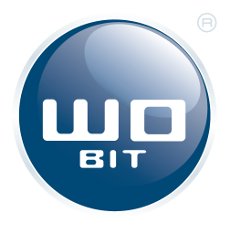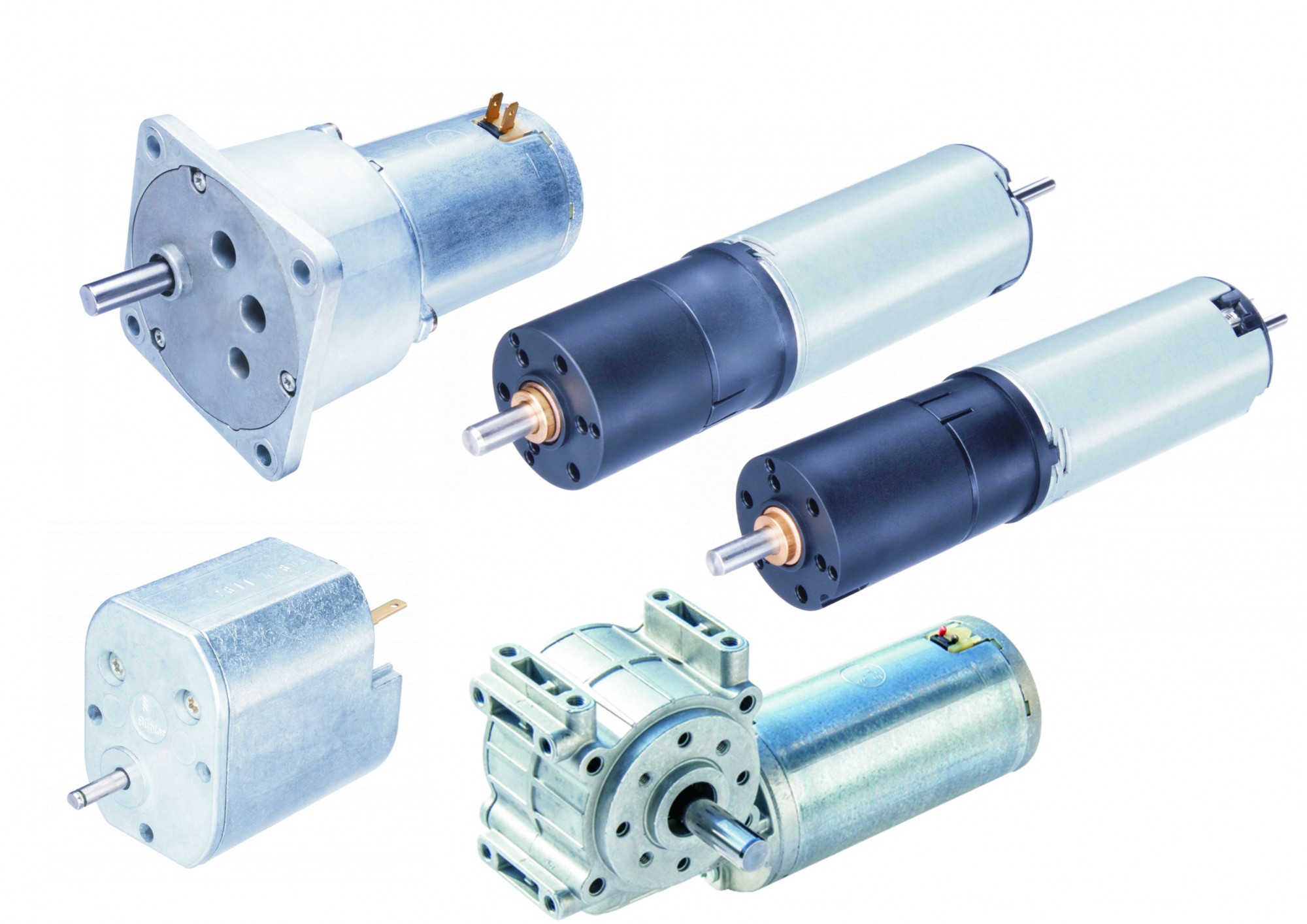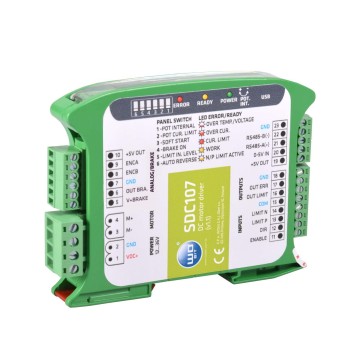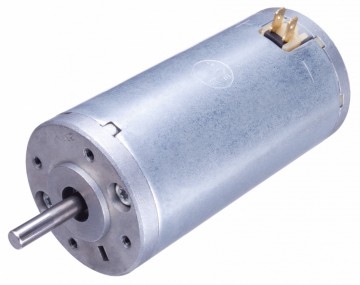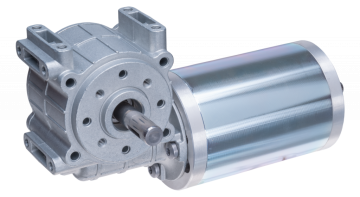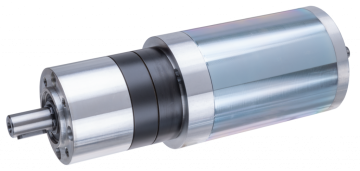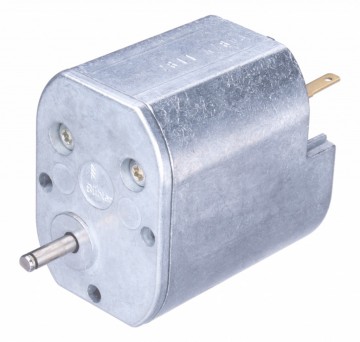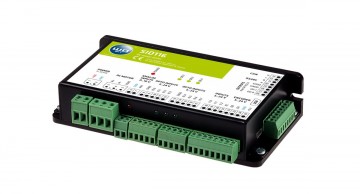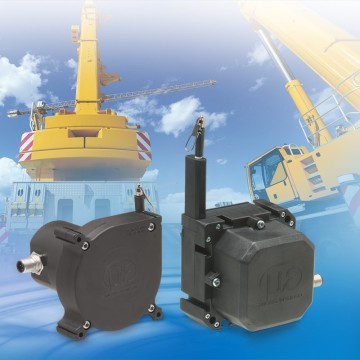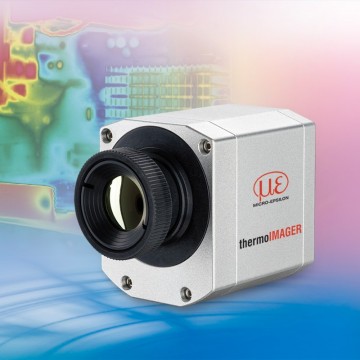Automation is now an inseparable element of modern trains and trams. People using public transport have already got used to the automatic opening and closing doors, and those between the compartments. But what is responsible for the smooth motion-triggered when the button is pressed?
It is easy to guess that the silent hero is a reliable drive with an appropriate driver. It must meet several requirements such as a sufficiently high torque while maintaining small dimensions, high efficiency, resistance to external factors (including humidity, dust, a wide range of operating temperatures), as well as maintenance-free operation throughout the life of the product. These features are necessary to ensure the appropriate level of safety, reliability, and comfort for users.
One of the most popular drives used in sliding or bounce-sliding door systems, implemented, for example, in subway cars or railbuses, are DC motors from the 1.17.063.xxx series from the German manufacturer Buehler Motor. In these applications, bMotion motors usually work with a planetary gear and an encoder or a worm gear. Their parameters, such as voltage and power, are matched to the requirements of the application, this also applies to power supply modifications or cable entries in the railway standard.
The 1.61.077.4xx series DC motors with integrated planetary gear are also suitable for the automation of doors in trains or buses. This series of engines is characterized by low weight (only 250 g), compact dimensions, and very quiet operation. For this reason, it is a popular motor also in building automation, where it is used to drive sun visors. Another popular series of drives is the GR63 brushed DC motors by Dunkermotoren with power from 99 to 368 W, rated torque from 13.3 to 34 Ncm, and rated speed from 3000 to 3750 rpm.
To ensure the effective operation of the drive, it is necessary to implement appropriate control. The WObit company offers several controllers of its production designed to control DC brush motors. The simplest and most effective solution is to use a simple SDD187 controller, which allows you to control the current up to 20 A. The system has thermal and overload protection that switches the system off in the event of overheating or overload. Changing the direction of motor rotation and speed is possible with the PWM signal. There is also a diagnostic output to indicate bridge overload. For OEM applications, it is possible to modify the controller, e.g. version powered with voltage up to 140 VDC.
In the case of more complex applications, it is worth considering the use of the SID116 driver, which is a platform that allows the drive to be adapted to a specific application. The aforementioned controller allows you to control the current, speed, position, and trajectory with a trapezoidal speed profile. SID116 allows you to control the motor with a continuous current of up to 16 A and a voltage of up to 30 V, as well as work in 4 quadrants (the motor can work as a drive or generator, depending on the current load and direction of rotation). Special, free software enables easy configuration of the controller operating mode and drives parameters via the USB interface. Also, regardless of the operating mode, the controller is equipped with a dynamic brake function and braking energy recovery.
To select the optimal solution, please contact WObit specialists, who, after analyzing your needs, will propose an engine, transmission, controller, and even a management application.
